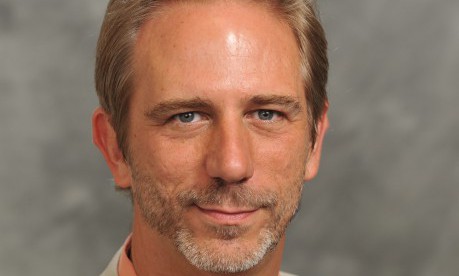Religion can do a great job helping believers discern right from wrong.
Religion can help believers relate kindly and justly to other people.
And religion can stiffen the will of believers when they face unjust suffering for their faith.
I was taught these things when I studied Christian ethics, and they continue to motivate me in my work as an ethics professor today.
But experience has me rethinking these claims more than I did at the beginning of my journey.
Now I see that religion can sometimes do a poor job helping believers discern right from wrong or relate kindly and justly to others.
And religion can easily persuade people that the rejection they experience for their hurtful or ill-considered convictions is martyrdom for “God’s truth,“ leaving them even more entrenched in their destructive beliefs.
My two key teachers in the field of Christian ethics in the 1980s were the Baptist theologian Glen Stassen of Southern Baptist Seminary and the Lutheran ethicist Larry Rasmussen of Union Theological Seminary in New York.
These men knew each other and shared many common scholarly interests that shaped me as well. These included the Nazi period in Germany, the extraordinary life of the scholar-pastor-resister Dietrich Bonhoeffer, the challenge of overcoming racism and the fight against the nuclear arms race during the Cold War.
Both men modeled and taught me an essentially hopeful vision about the role that Christian convictions can play in making believers more faithful and society better.
They taught a faith that had learned the lessons of the Nazi period; that honored Bonhoeffer for standing fast against Nazi seductions when so many of his fellow Christians surrendered their souls; that resisted America’s own racism; and that rejected the idea that more nukes would make the world safer. Continue reading
- David Gushee is Distinguished University Professor of Christian Ethics and director of the Center for Theology and Public Life at Mercer University. He writes the Christians, Conflict and Change blog at RNS.
